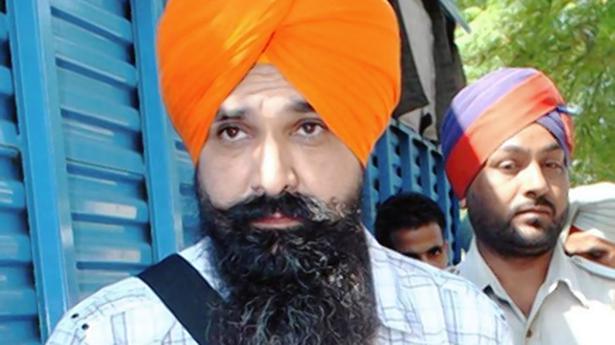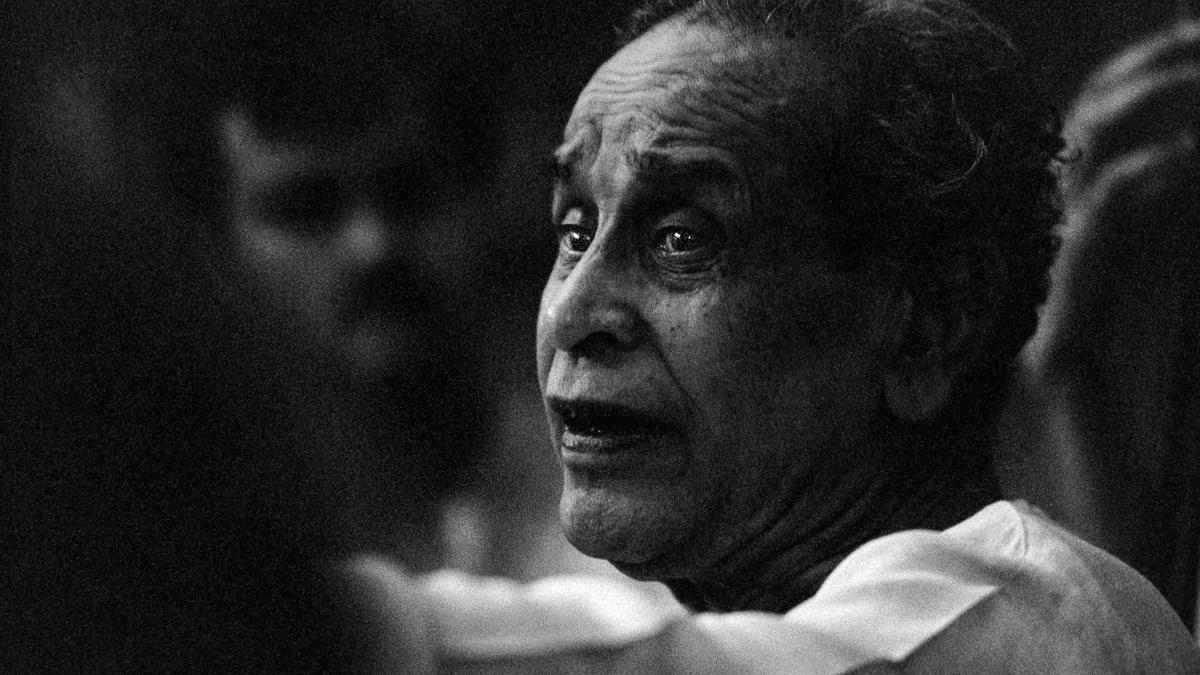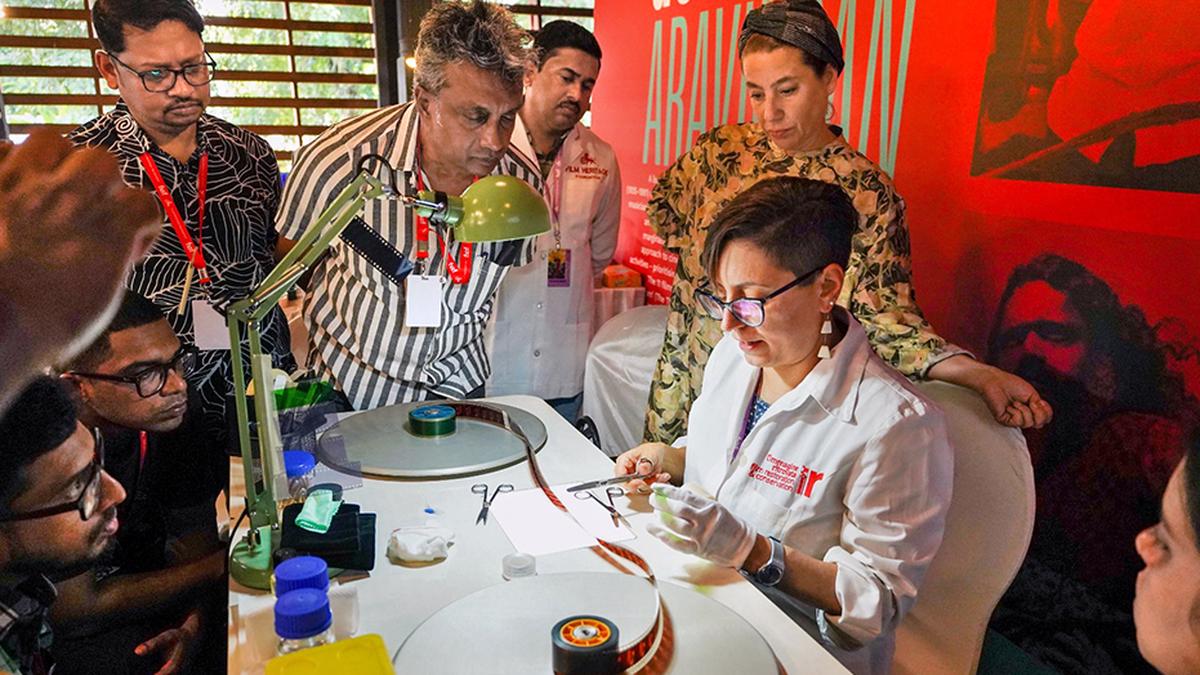The Supreme Court has given the Centre time till Friday to file an affidavit detailing the progress made on the mercy plea
The Supreme Court has given the Centre time till Friday to file an affidavit detailing the progress made on the mercy plea
The Supreme Court on Wednesday criticised the delay on the part of the government to decide a mercy petition filed by Balwant Singh Rajoana, who is on death row for nearly 27 years for the assassination of former Punjab Chief Minister Beant Singh.
A Bench led by Chief Justice of India U.U. Lalit noted that even an apex court order on May 2 directing the government to take a call in the next two months seemed to have gone unheeded.
Rajoana’s plea for Presidential mercy has been hanging in limbo despite the government having decided in 2019 to spare his life in commemoration of the 550th birth anniversary of Guru Nanak Dev Ji.
In his petition to the Supreme Court from his jail cell, he said his repeated pleas to the government about the fate of the mercy plea was met with silence. He called the delay “inexplicable”. He had filed the mercy petition in 2012.
“The time of two months granted on May 2 has expired long back. However, as submitted by Additional Solicitor General K.M. Nataraj, a decision has not been taken by the authorities concerned,” Chief Justice Lalit recorded in the order.
The Court gave the Centre time till Friday to file an affidavit detailing the progress made on the mercy plea.
In a hearing in 2021, Solicitor General Tushar Mehta had specifically drawn the Court’s attention to the gravity of the facts in the case while highlighting that Rajoana was “accused of the killing of a former Punjab Chief Minister”. He said there were charges of involvement of Khalistani elements in the crime. He had said that appeals of other co-accused were pending in the apex court.
However, the Court had said the law was settled that once the government decided to recommend Presidential pardon for a condemned man, the pendency of appeals in the Supreme Court of his co-accused cannot delay the process initiated under Article 72 (Presidential pardon) of the Constitution.







